
This is also called the bhramara-kīṭa-nyāya. A bee captures a worm with the intention to eat it, and keeps it in front of it, waiting for the vim of the worm to wane. The scared worm stares intently at the bee. Thus, the weak worm gazes at the strong bee continuously meditates upon its form and gestures. Gradually, due to this meditation upon the bee, it is said to become a bee itself.
kīrtau kīrtau nas-tadākāra-vṛtttīḥ ।
vṛttau vṛttau...

The result of human love is also the same. When a mother feeds her baby, dresses it up, and cuddles it, what does she expect in return? She only desires for her baby to accept her love, nothing else. The joy of the baby is her reward. This is the bliss of Dvaita. The same idea is expressed by the below bhakti-sūtras by Nārada:
svayaṃ phalarūpata iti brahmakumāraḥ ॥
rājagṛha-bhojanādiṣu tathaiva dṛṣṭatvāt ॥
ṇa tena rāja-paritoṣaḥ...
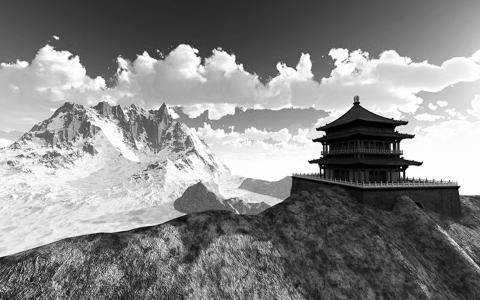
The study of five aspects
Let us now examine the difference between the three matas. Each mata has its many subtle processes and detailed specifications. That is out of the scope of this book. I am not competent enough to do that. I do not even feel that it is required here. I have tried to summarise the five aspects that I feel are central and fundamental for philosophical seekers in a table.
If there are any shortcomings or excesses in this...
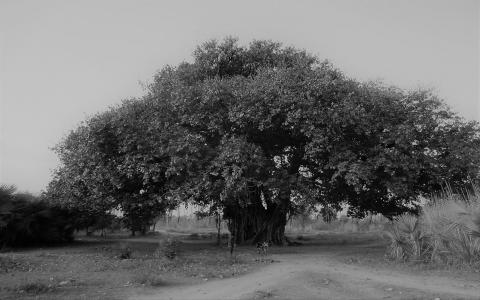
The differences between the three matas are due to the various interpretations of the Śruti and not because of their acceptance or otherwise of Vedic testimony. The very aspect of Saṃskṛta language that is the reason for its beauty is also the reason for certain disadvantages. That it provides room for alternate interpretations by creative use of logic and grammar is simultaneously its merit and demerit. Let us look at a simple example. In his...
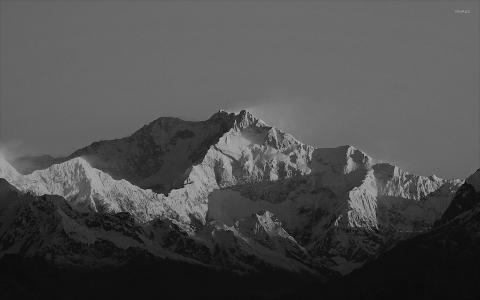
A Subtle Concept
The truth explained in this appendix is that of the paramārtha.
We have explained earlier that truth is of three kinds: (1) vyāvahārika — pertaining to worldly life; (2) prātibhāsika : It is seen only in internal experience such as dreams; (3) pāramārthika : This is the sadvastu which remains constant in all places and times. That itself is the principle of the parabrahma. Presently, we are discussing the third one.
Well,...

One thing is established from this discussion of the history of philosophy; even though the testimony of the Vedas is necessary for all the three matas, since natural variation in the tendencies of human intellect worked independently, differences of opinion naturally arose in Vedanta. Difference in mati (intellect) is the main reason for difference in mata (opinion). Difference in intellect is the difference in capability, and variation in its...
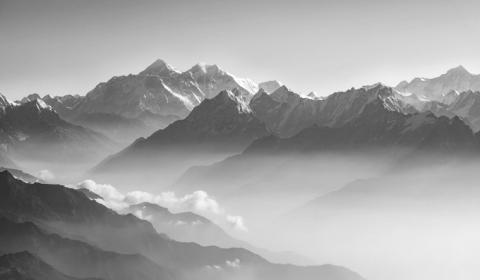
Vedanta is not antithetical to Christism or Islam. Even if we say that divine principle resides outside man, Vedanta does not say that it is wrong.
antarbahiśca tatsarvaṃ vyāpya nārāyaṇaḥ sthitaḥ ।
-Mahānārayaṇopaniṣad 13.5
If someone believes that Vaikunṭha is a separate world away from himself, let him believe that. There is no harm in that. A man who now sees Vaikunṭha outside might be able to see it within himself at some later point in...
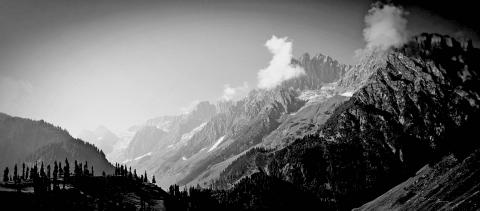
Thoughts on the Three Matas
It has become common practice among us — notably among Brahmins — and especially among those who think they have understood the essence of a mata, to argue whether it is Dvaita, Advaita or Viśiṣṭādvaita, when they are faced with the prospect of understanding philosophical texts such as the Gītā or the Upaniṣads. When I translated Vedic texts such as the Puruṣa-sūkta into Kannada, many people would ask me this same...
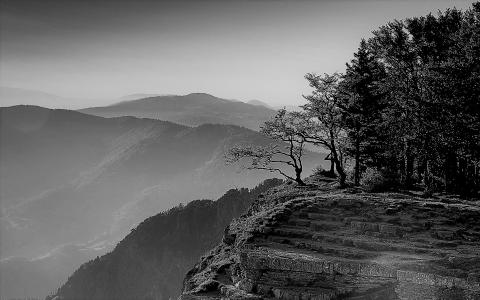
udāracaritānām tu vasudhaiva kuṭumbakam ||
bāndhavā viṣṇubhaktāśca svadeśo bhuvanatrayam ||
This is the opinion of the Gītā. When contact with foreign nations is inevitable and even necessary, can we be indifferent to them? Even if we are indifferent to them, will they be indifferent towards us? Suppose an old lady, dressed in a ritually pure garment, sitting in the courtyard near the tulasī plant, shouts out aloud - “Don’t touch me. Don’t...

Principle is more important than practice
Whatever be the turmoil due to changing times, we should remember that it is related to our outer life and that it does not need to disturb our inner life. The admixture of the jātis, the mess in the choice of occupations, and the freedom of women to work - are all restricted to external practice. It does not impact internal reality. The principle of reality cannot be annulled or modified. That is why it...
